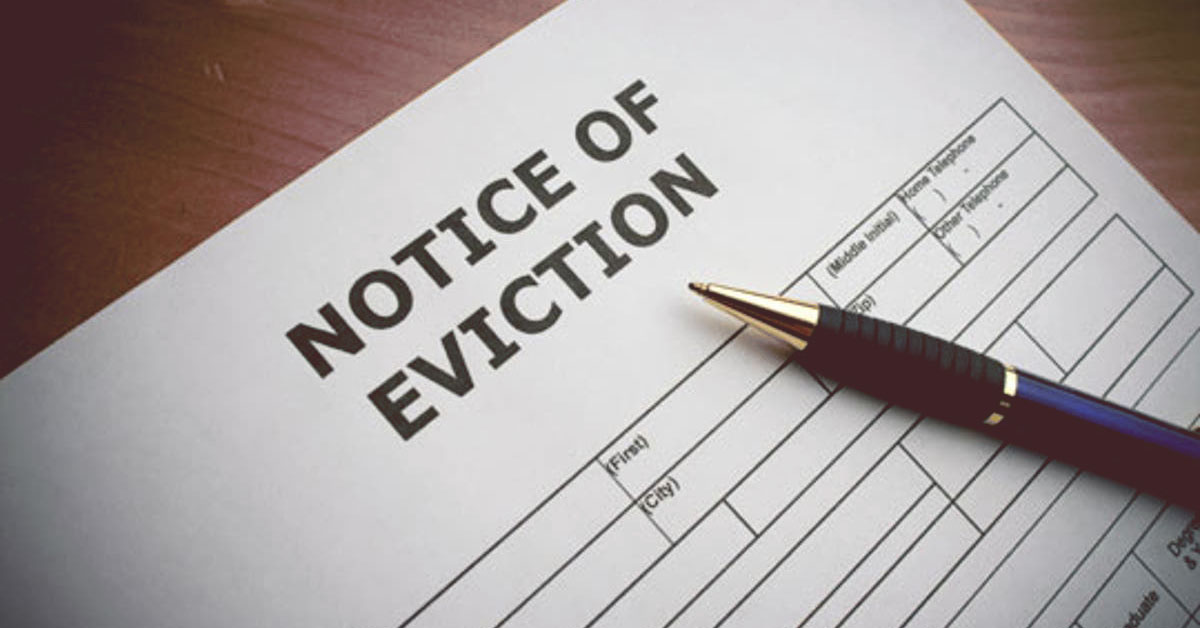Ever get behind on your apartment rent?
In many places, New York City included, falling behind on the rent just means you’re going to spend the next bunch of months in landlord-tenant court. If you’re interested in keeping the apartment then the landlord will eventually give you some sort of payment plan and you go on your merry way.
For some, however, the past due rent is to much to handle. The landlord-tenant judge issues a judgment of possession and you know there’s going to be a knock on the door any minute now.
Filing For Bankruptcy To Stop The Eviction
We’ve talked about the automatic stay already, and how it stops creditors from moving ahead with lawsuits and judgments. For tenants looking down the barrel of an eviction, however, the automatic stay may not provide solace.
According to Bankruptcy Code § 362(b)(22), the automatic stay does not apply as a bar to a Landlord’s efforts to evict you from your apartment if the state court judgment of possession was obtained before you file your bankruptcy case. So on that alone, you’re out of luck.
Pay Your Ticket And Take A Seat
Bankruptcy Code § 362(b)(22) does not, however, stand alone. Under § 362(l), you can keep the automatic stay in effect by depositing 30 days’ post-petition rent with the Clerk of the Court and by filing a certification required by § 362(l)(1). That certification must state that you’ll be able to cure the entire arrears, but if you’re filing a Chapter 13 bankruptcy you’re going to be paying those arrears through the Plan anyway.
Once you file your certification, the landlord can file an objection to challenge it. Then it comes down to the court’s decision on whether to allow the automatic stay can continue.
What If The Eviction Isn’t Based On A Money Default?
The ability to file a certification and pay a rent deposit with the court is for money defaults only. But there are many reasons why you may be evicted – for example, illegal drug use on the premises or maintaining unsafe conditions. In New York, for example, a debtor was evicted because the mess in the apartment created a hazardous situation (called a “Collyer Condition”).
In that case, the bankruptcy court held that
the judgment of possession issued by the Civil Court on January 5, 2007 rested upon the Collyer Conditions and past-due use and occupancy payments alike. However, the 2008 Order authorizing the landlord to execute the warrant did not indicate the presence of an outstanding monetary default. The Landlord argues, and the Debtor fails to dispute, that the 2008 Order was based solely upon the Debtor’s failure to cure the Collyer Conditions. Accordingly, Section 362(l) does not apply in this case.
In the end, as with anything else in bankruptcy the trick is to get into court in a timely manner. Filing for bankruptcy prior to the eviction warrant gives you a far wider ability to get the protection of the automatic stay than if you take care of matters afterwards. If you’re being dragged into landlord-tenant court, it’s a good idea to talk with a bankruptcy lawyer before things get too far out of hand.
